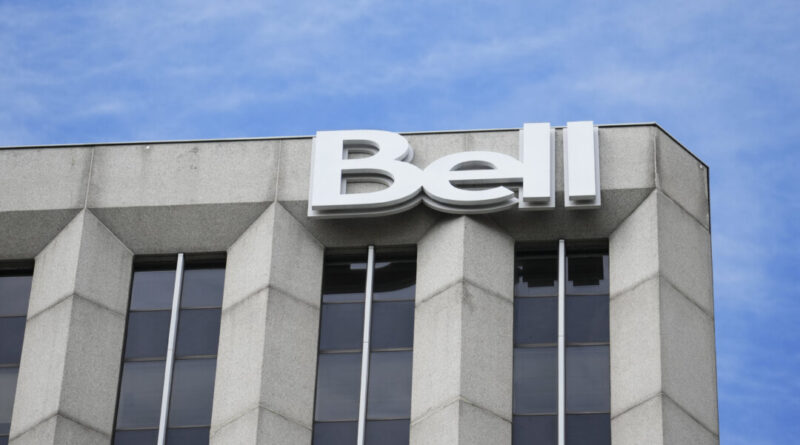Bell CEO Criticizes CRTC and Plans to Extend Slowdown of Fibre Network Expansion
The CEO of BCE Inc. strongly criticized the national telecom regulator while announcing that the company would reduce the expansion of its fibre internet network even further.
BCE’s parent company, Bell Canada, has decided not to meet its previous goal of reaching 8.3 million homes with its fibre network by the end of 2025. CEO Mirko Bibic stated on Thursday that the company would also cut capital spending more this year.
This decision is a direct response to a recent CRTC ruling on wholesale fibre services that has created tensions between Bell and Telus. The CRTC has allowed Telus to resell internet services in areas where they do not own fibre networks, causing Bell to reevaluate its investments in expanding its network.
Bibic expressed his frustration with the CRTC’s policy, stating that it hinders investment, job creation, and infrastructure development.
He reiterated that Bell is not interested in building fibre for Telus’ benefit and that the company would reconsider its expansion plans if the CRTC reverses its decision.
Analysts have questioned Bell’s investment strategy, especially given its pending acquisition of Ziply Fiber. Bibic emphasized Bell’s goal of becoming a “fibre-first company” through this acquisition.
Bibic highlighted the importance of companies building their own infrastructure for healthy competition.
He emphasized Bell’s commitment to owned networks and its readiness to embrace growth opportunities in both Canada and the U.S.
BCE’s deal with Ziply Fiber is funded primarily by the sale of its stake in Maple Leaf Sports & Entertainment, part of the company’s strategy to monetize non-core assets.
Bibic mentioned BCE’s ongoing review to divest up to $7 billion in non-core assets, including the sale of Northwestel Inc.
BCE reported a rise in net earnings for the quarter ended Dec. 31, with operating revenue slightly down from the previous year.
The company provided an outlook for 2025, expecting a decline in adjusted earnings per share compared to 2024 but maintaining its dividend.
Analysts expressed concerns about BCE’s investment cuts and potential dividend adjustments in the future.
BCE’s shares were trading lower following the announcement, with challenges in adding new mobile subscribers and retaining existing ones.
Bibic acknowledged the need to address customer retention challenges amid market shifts and pricing pressures.





